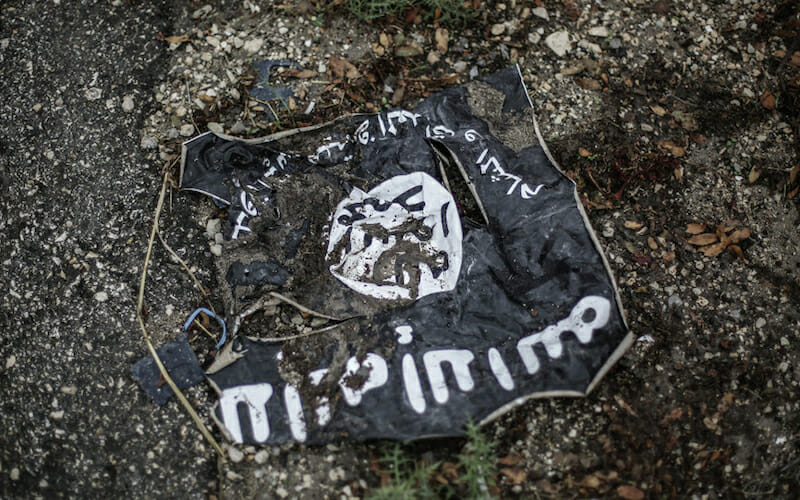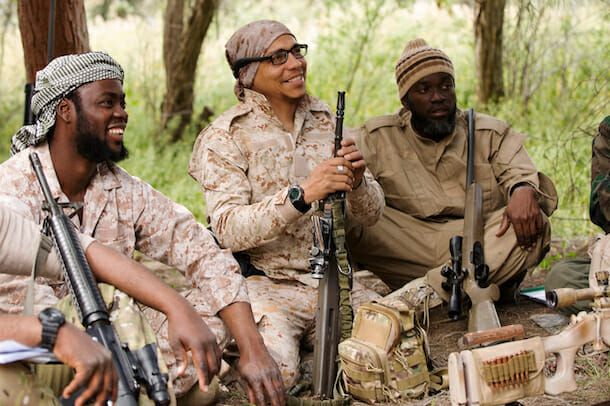
Don’t Limbo it Up to Chance: The Terrorist Threat in the Caribbean
Everybody knows Limbo, the party dance game. Few know that its birthplace is Trinidad and Tobago, in the Caribbean. Fewer still know that Trinidad and Tobago have been struggling to curb the insidious rise of violent Islamic extremism – and that this problem is growing throughout the Caribbean.
Islamic extremism resonates with the disgruntled and disenfranchised. Throughout the Caribbean, extremists are finding success, and the risk of terrorist activity is increasing. The United States must assist Caribbean nations in containing the terrorist threat. We must work to protect our businesses, citizens, and the American mainland.
The U.S. needs to engage Caribbean governments to help them build up counterterrorism capabilities. We need to provide advisors, technicians, and instructors. We need to restructure communications to enable better information sharing. We need to assist governments with modernization, development, and maintenance of anti-terrorism operations and units. We must not wait until after a devastating attack occurs.
The proximity of the Caribbean makes it a national security priority. Several Caribbean islands are only a few hundred miles from the U.S. mainland or Puerto Rico, easily accessible by private and commercial boats and planes. Transnational criminal networks exploit permeable borders and lax immigration. They traffic drugs, weapons, and humans. If determined terrorists are allowed to grow and organize, they will threaten U.S. security too.

Fortunately, a better Caribbean counterterrorism policy is possible. The U.S. already cooperates closely with regional institutions and several Caribbean nations. Counterterrorism factors into the State Department’s Caribbean Basin Security Initiative training of police and military forces, and its role can easily be expanded. The U.S. already assists Trinidad and Tobago with intelligence, advice on countering violent extremism, and assistance in prosecuting terrorists. We can expand our role to include more training and more countries.
U.S. antiterrorist assistance already has a record of success. Abdullah el-Faisal, a radical Islamic cleric from Jamaica, was arrested in August 2017 by the Jamaican Constabulary Force after a sting operation conducted by the New York Police Department. If a cooperative effort between police forces can succeed, comprehensive counterterrorism programs will accomplish so much more.
Some critics argue that an attack from the Caribbean is unlikely. Yet in 2007, 3 Guyanese nationals and a Trinidadian Shia cleric were arrested for plotting a terrorist attack at JFK International Airport. This is direct evidence of a Caribbean-based terror plot. If it happened once, it can happen again.
Some also argue that current measures are sufficient. But terrorists are constantly evolving, looking for new ways and areas to attack the U.S. and our allies. We cannot risk complacency when ISIL propaganda from 2017 calls on Caribbean Muslims to commit jihad against our embassies. We cannot risk complacency as Caribbean nationals bring back deadly skills from ISIL’s frontlines. We cannot risk complacency when we have the ability to act.
When you hit the bar in limbo, you lose. Let’s not make the same mistake in counterterrorism operations in the Caribbean, where we know what it takes to win. We work well with our Caribbean partners. We have the necessary technology and resources. We can keep the Caribbean and the United States safe and secure.

